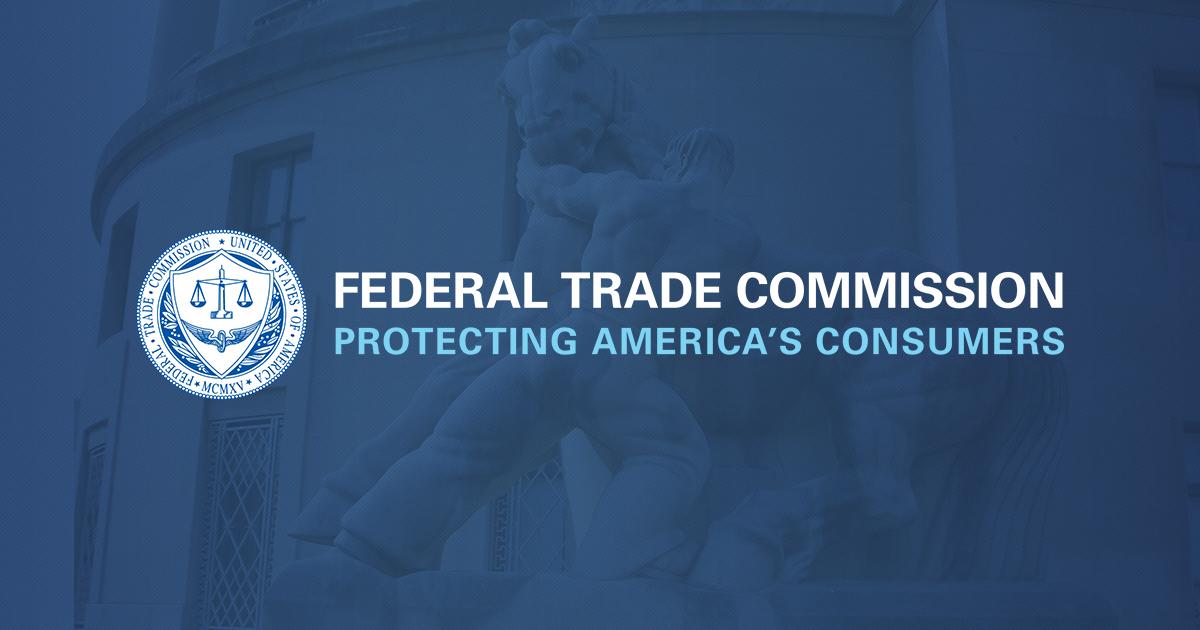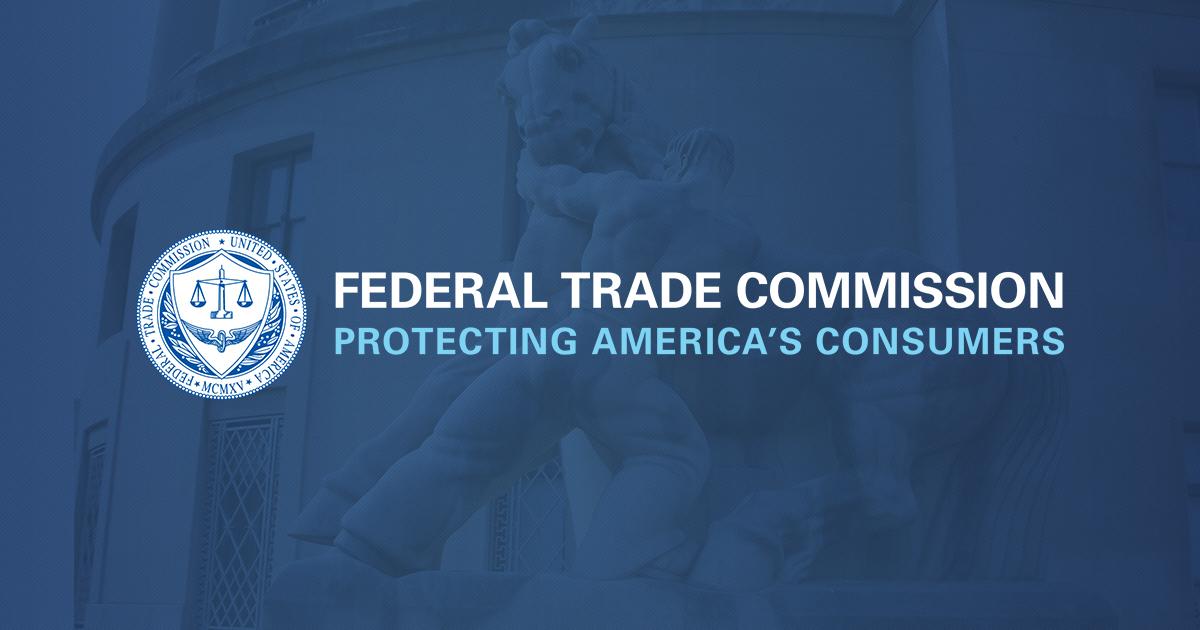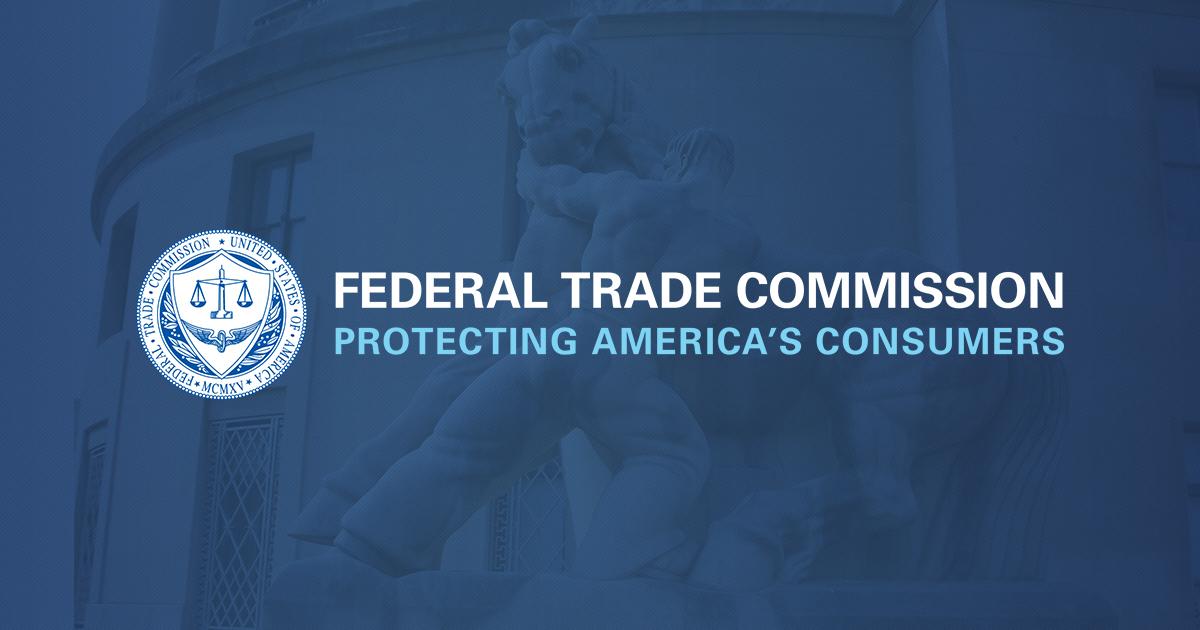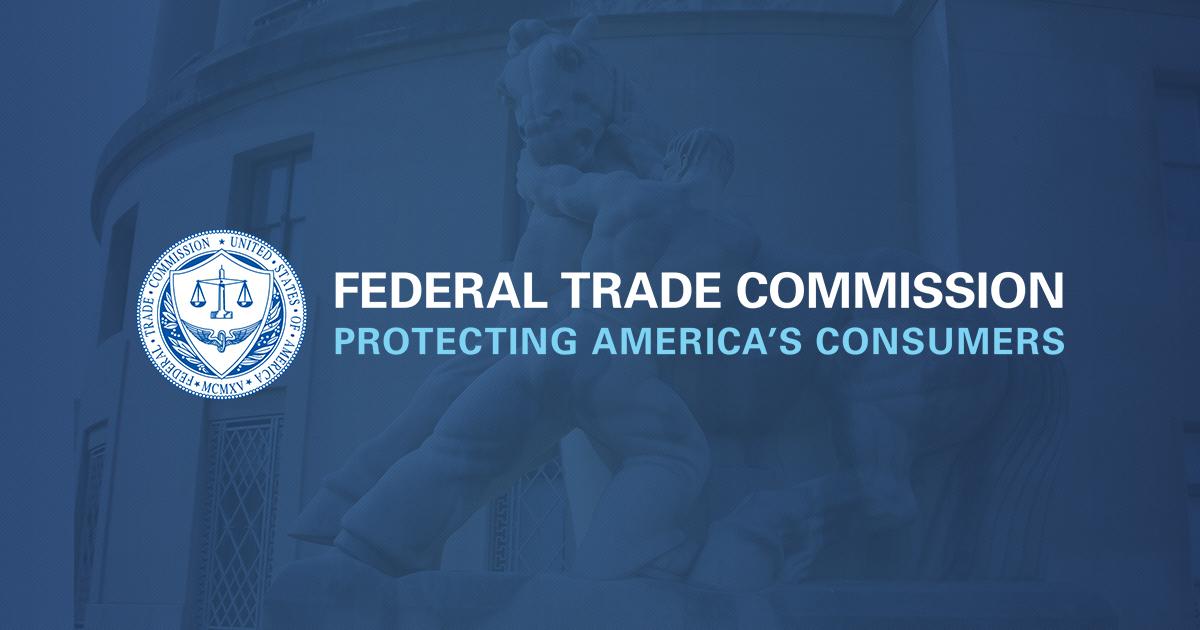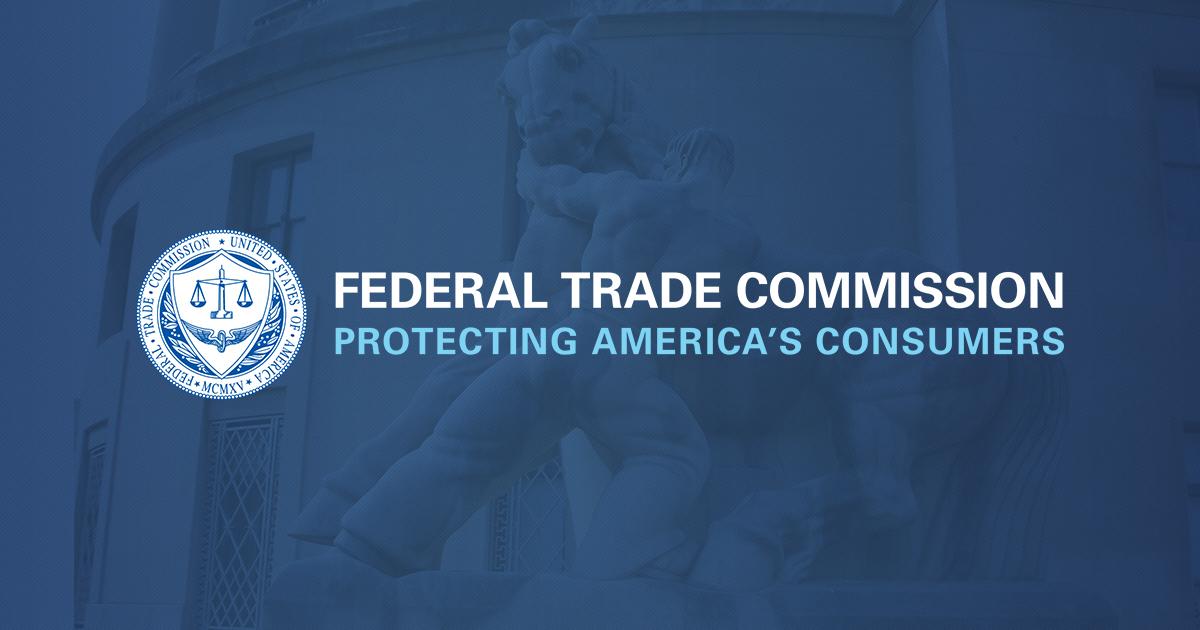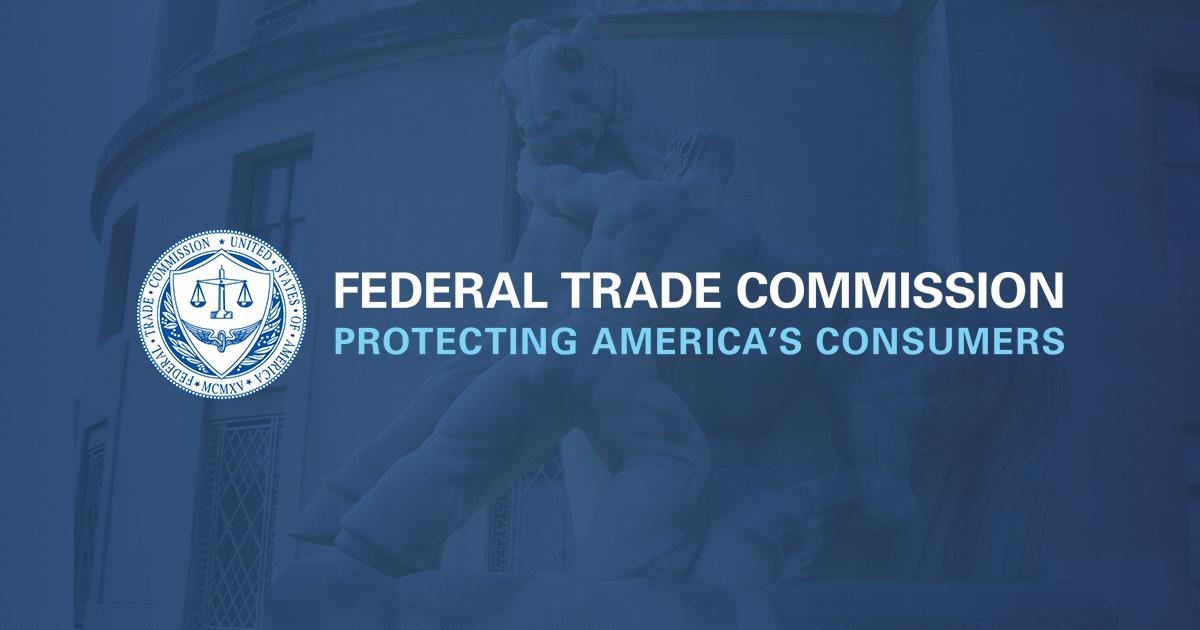Federal Trade Commission staff submitted written comments on the competitive impact of legislative proposals to modify the supervision requirements imposed on Advanced Practice Registered Nurses (APRNs) in South Carolina. The comments are in response to a request from South Carolina State Representative Jenny A. Horne.
According to the comment by staff of the FTC’s Office of Policy Planning and its Bureaus of Competition and Economics, House Bill 3508 would impose more supervision requirements on most APRN categories, including nurse practitioners, certified nurse midwives, and clinical nurse specialists. House Bill 3078 would remove some supervision requirements, allowing APRNs to diagnose, order tests and therapeutics, and write prescriptions without a formal agreement with a particular supervising physician.
As stated in the comment, undue regulatory restrictions on APRN practice can impose significant competitive costs on patients and third-party payors, and may frustrate the development of innovative and effective models of team-based health care.
“We urge the South Carolina legislature to avoid restrictions on APRN practice that are not narrowly tailored to address well-founded patient safety concerns,” the comment states. “We urge legislators to consider the potential benefits of enhanced competition that H.3078 may facilitate and H.3508 may impede. If APRNs are better able to practice to the full extent of their education, training, and abilities, South Carolina health care consumers are likely to benefit from lower costs, additional innovation, and improved access to health care.”
The staff comment refers to an FTC staff policy paper, issued in March 2014, which analyzes the competitive implications of various types of APRN regulations.
The Commission vote to issue the staff comments was 4-0. (FTC File No. V160000; the staff contact is Daniel J. Gilman, Office of Policy Planning, 202-326-3136).
The FTC’s Office of Policy Planning works with the Commission and its staff to develop long-range competition and consumer policy initiatives, consistent with the FTC’s unique mission to conduct research and engage in advocacy on issues that affect competition, consumers, and the U.S. economy. The Office of Policy Planning submits advocacy filings; conducts research and studies; organizes public workshops; issues reports; and advises staff on cases raising new or complex policy and legal issues. To reach the Office of Policy Planning, send an e-mail to [email protected]. Like the FTC on Facebook, follow us on Twitter, read our blogs, and subscribe to press releases for the latest FTC news and resources.

